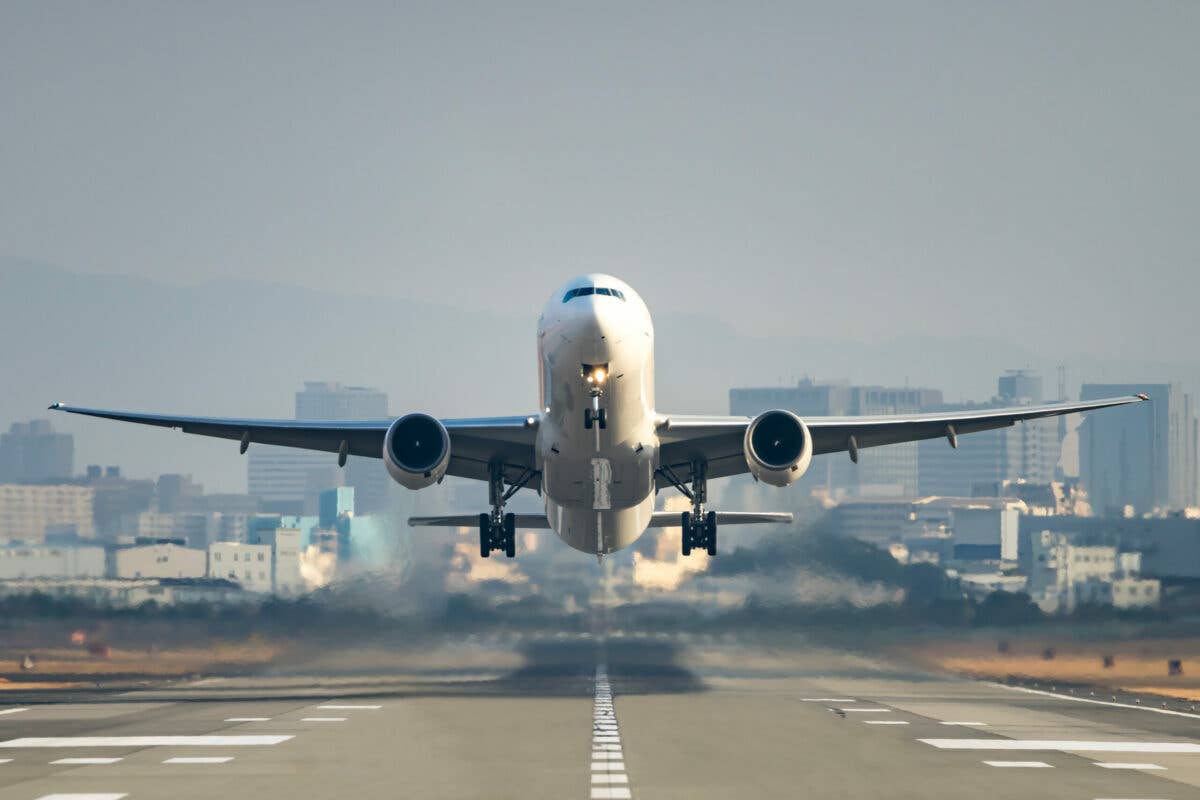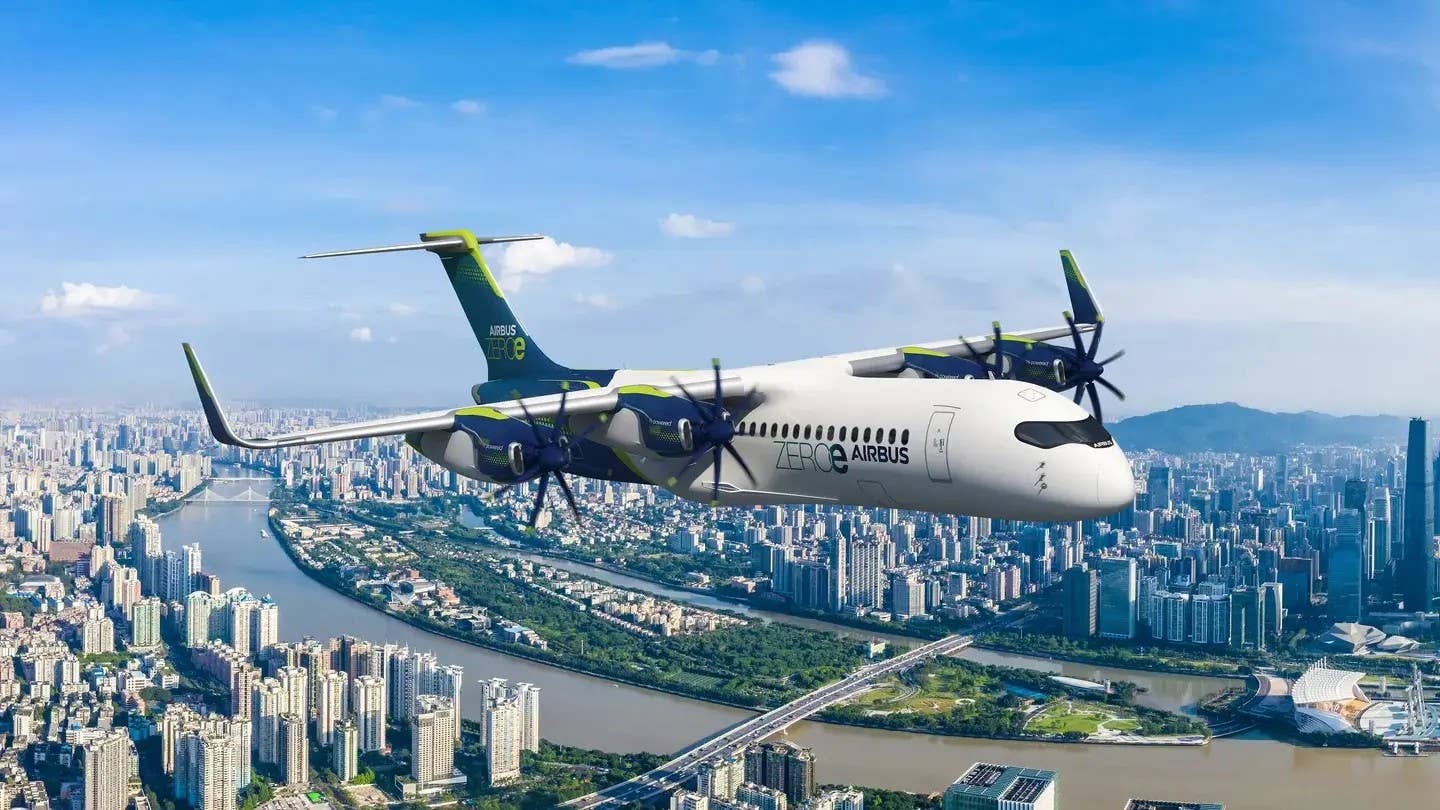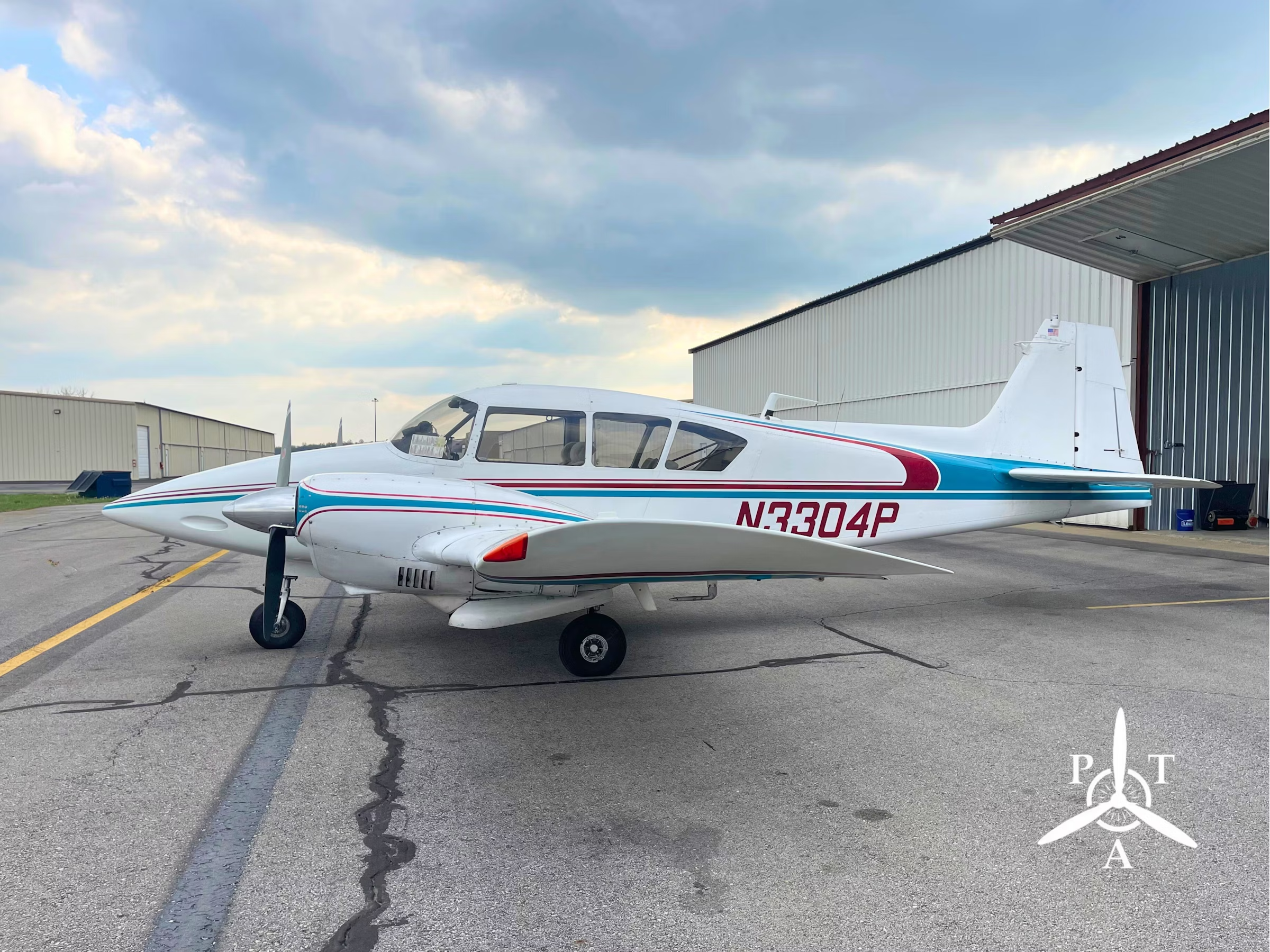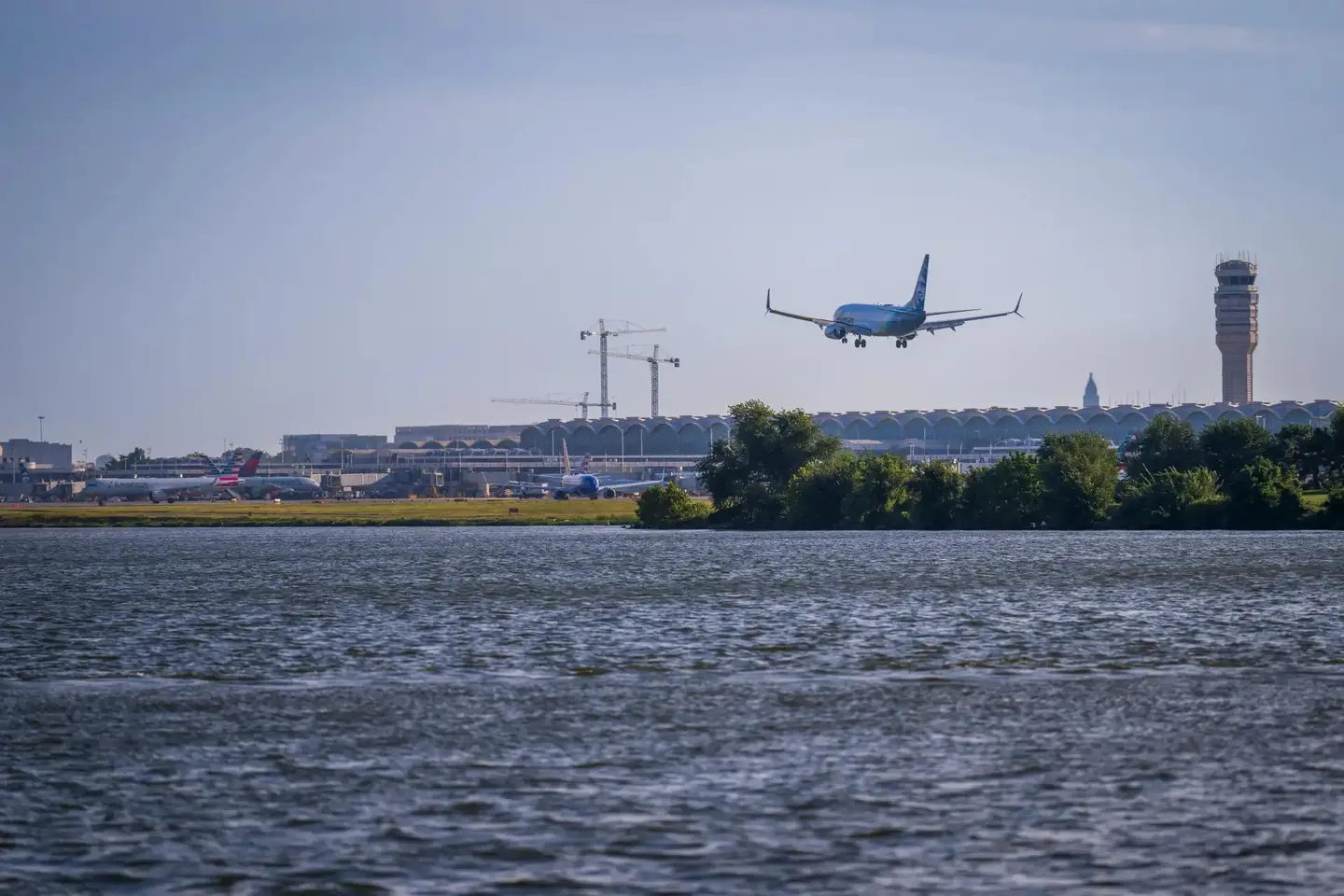NTSB Subpoenas American Crew Involved in Near-Collision at JFK
The subpoenas were issued after the crew refused to proceed with a recorded interview with NTSB investigators.
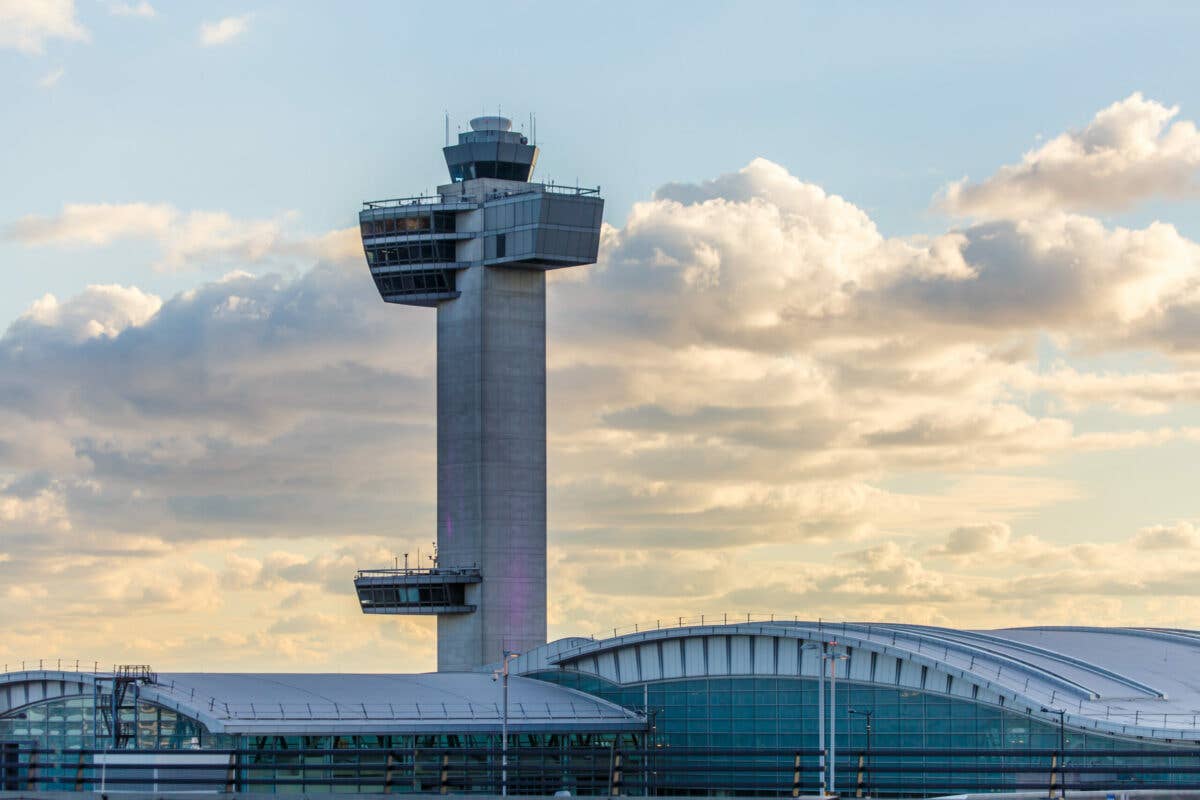
On January 13, a runway incursion occurred at JFK International Airport involving a departing Delta Air Lines Boeing 737 and a taxiing American Airlines Boeing 777. [Credit: Shutterstock]
On Friday, the National Transportation Safety Board subpoenaed three American Airlines pilots involved in last month’s near-catastrophic runway incursion at New York’s John F. Kennedy International Airport (KJFK).
The January 13 incident swept headlines across the country when the American Airlines Boeing 777 crossed an active runway without clearance from air traffic control, causing a Delta Boeing 737 to abort its takeoff. The two aircraft narrowly averted disaster—coming within 1,400 feet of each other (slightly more than what was previously reported).
While the American Airlines crew complied with written testimony, they refused to be interviewed by investigators as their statements would be recorded for later transcription. According to the NTSB report, investigators attempted to interview the American Airlines crew three different times.
In its preliminary report, the investigative agency wrote, "NTSB has determined that this investigation requires that the flight crew interviews be audio recorded and transcribed by a court reporter to ensure the highest degree of accuracy, completeness, and efficiency. As a result of the flight crew's repeated unwillingness to proceed with a recorded interview, subpoenas for their testimony have been issued."
However, the Allied Pilots Association (APA), the union that represents the American pilots, has backed the crew’s decision. APA argued that NTSB interviews have historically been done using a stenographer or with investigators taking their own notes.
In a statement, APA wrote, “We join in the goal of creating an accurate record of all interviews conducted in the course of an investigation. However, we firmly believe the introduction of electronic recording devices into witness interviews is more likely to hinder the investigation process than it is to improve it. Not only may the recording of interviews lead to less candid responses from those witnesses who may choose to proceed under such requirements, but the existence and potential availability of interview recordings upon conclusion of an investigation will tend to lead many otherwise willing crew members to elect not to participate in interviews at all. Either outcome would not serve to advance the goal of conducting effective investigations in order to promote aviation safety.”
The union went on to say that the interviews should be “fact-finding” and not adversarial.
Other findings in the preliminary report stated that the air traffic controller at KJFK was alerted to the American aircraft crossing the wrong runway via a surveillance system—Airport Surface Detection Equipment, Model X (ASDE-X). The NTSB was able to attain recorded statements by the controllers involved and written testimony from the Delta crew—which the agency deemed sufficient.
Unfortunately, cockpit voice recorders from both aircraft involved were overwritten. Following the incident, the American jet continued its route to London, England, and the voice recordings were taped over as the devices typically capture a two-hour loop.
Limitations on the cockpit voice recorders, as demonstrated in the recent JFK incident, has prompted the NTSB to issue recommendations to the FAA. On February 7, NTSB Chair Jennifer Homendy addressed the subject during a hearing on the upcoming FAA Reauthorization Bill. In her testimony she said, “We issued recommendations to the FAA to address the need to install CVRs with a minimum 25-hour recording capability on all newly manufactured airplanes required to have a CVR, and to retrofit these CVRs on existing aircraft required to have flight recorders.”
American Airlines says it is cooperating with the NTSB investigation. According to the NTSB, the pilots have seven days to respond to the subpoena.

Sign-up for newsletters & special offers!
Get the latest FLYING stories & special offers delivered directly to your inbox

